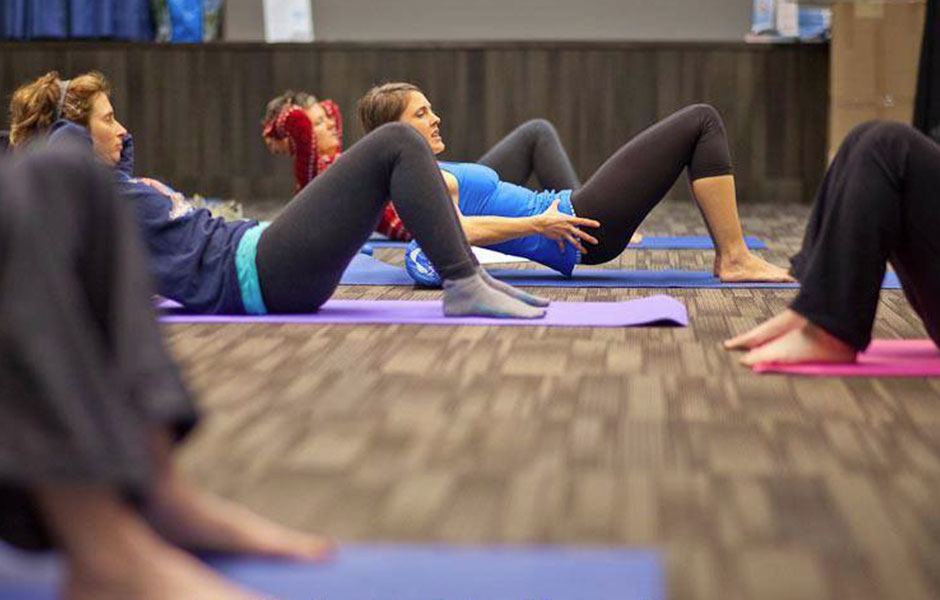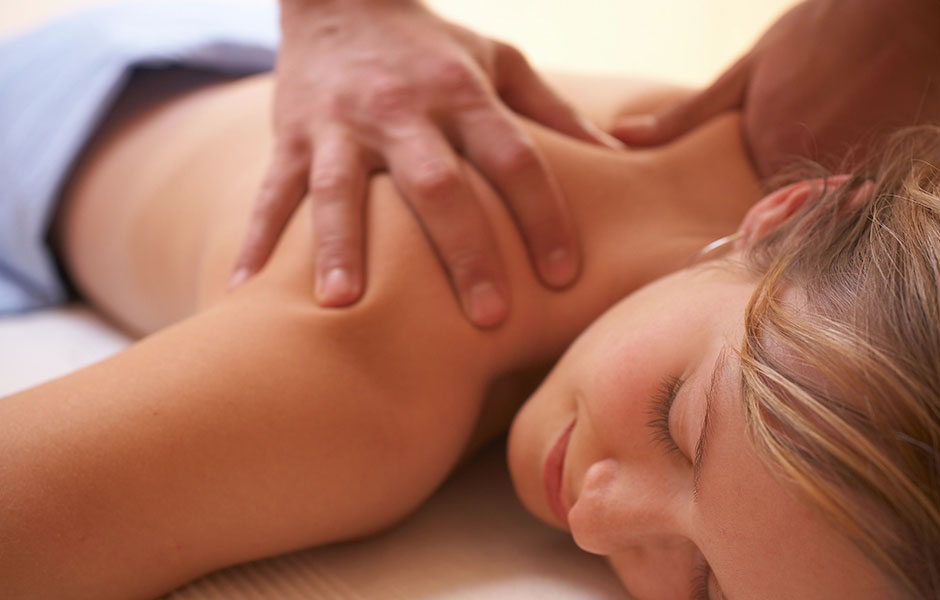What is prolotherapy?
Prolotherapy, short for “proliferative therapy,” is a cutting edge, injection therapy technique used for chronic myofascial pain, back pain, osteoarthritis, and sports injuries.It’s origins date back as far as 500 BC, in Roman times, but modern techniques gained popularity in the 1950s with George Hackett, M.D. and Gustav Hemwall.
It involves repeated injections of a dextrose-based solution into joints, tendons, or ligaments, in order to provoke a healing response in the tissue.Other growth stimulating substances can also be used, such as Platelet Rich Plasma (“PRP”), vitamins, minerals, glucosamine, among others.
How fast will I get better?
Many problems can be addressed in 4 visits or less, but some problems, especially those involving multiple areas, could take longer.Visits are usually spaced 3-6 weeks apart.
Prolotherapy tends to work so quickly, however, that if significant progress has not been made in 2 visits, likely it is
- NOT the right therapy,
- the wrong area has been treated, or
- a stronger solution is needed.
Quick course corrections can be made, to get you feeling better faster.
What is Prolotherapy good for?
Prolotherapy is a non-surgical technique to deal with acute or chronic musculoskeletal complaints, including:
- injuries (both acute and chronic) including:
- shoulder dislocations and instability (acute and chronic);
- sprained ankles (acute and chronic);
- knee injuries (collateral and cruciate ligaments);
- wrist instability.
- joint degeneration (knee arthritis, chondromalacia patella, SI joint dysfunction, etc.);
- disc herniations;
- hypermobile joints;
- chronic myofascial pain due to joint instability;
- muscle tightness due to joint instability;
- TMJ syndrome.
Generally speaking, prolotherapy is particularly useful for areas with chronically loose or lax ligaments, which lead to instability and poor wearing of the joints and tendons.Muscle often tighten to overcompensate for joint instability.So paradoxically, someone who feels “inflexible” might actually have joints that are “too loose.”
How do I know if I have loose ligaments?
- Do you have joints or spinal segments that you constantly want to “crack”?
- Are you “addicted” to chiropractic medicine, or do chiropractic adjustments only “stick” for a certain period of time?
- Do you have knee, low back pain?
- Is chronically tight muscles something that bothers yo, or are prone to “muscle knots”?
- Do you have degenerating joints?
- Are you prone to rolling your ankles?
All of the above may indicate that loose ligaments are at the root of your problems, and prolotherapy may be a game changer for you.
CALL to BOOK






